“I had no idea how much cancer sucks.” My patient’s observation seems silly, basic. Of course, cancer sucks. It maims, humiliates and kills. It takes. What made the statement remarkable was its source. This is not a medically naïve person, waiting to die. Rather it was spoken by a patient in complete remission, likely cured, who is an expert in cancer care. To her amazement, it changed life forever.
I think that sometimes we confuse cancer with sudden maladies such as pneumonia, a heart attack or maybe trauma like a broken hip. These diseases are acute, painful and dangerous, but they are brief insults to the body and soul. Once the immediate disease is gone from the body, they usually do not recur or spread. We survive. We heal. They are not a permanent burden on our psyche or lives.
Cancer is not like that. Yes, it can be sudden, painful and debilitating. Yes, we are often cured; it may be very unlikely the disease will return. The difference is that deep in our minds we never heal. Cancer in remission does not leave.
Us, before cancer, is not the same as us, after. Patients and families do not expect this transformation and are baffled that life is not back to “normal.” It is hard to accept that a cancer patient is, somehow, always a cancer patient.
First, there are obvious and common physical affects. Residual aches and pains persist for years. Scars and permanent surgical changes like colostomies or mastectomies. Chemotherapy injuries such as loss of hearing, vision or neuropathy. There may be slight shortness of breath or factors that decrease endurance. Long term changes in skin, nails and hair. Taste, and smell losses limit appetite and the enjoyment of food. The collapse of sexual drive or satisfaction. Memory may not be as sharp. Sleep is erratic.
There is the scourge of fatigue. Even after a good night sleep, you are bushed. Vitality is sapped. Loss of concentration makes it hard to work or enjoy something simple, like reading a book, attending a play or watching TV. You just do not have the energy, the excitement, the moxie. Life may be drained of fun, satisfaction or purpose.
Perhaps the most pervasive change is the never leaving, always just around the corner, deep mental splinter, that reminds you that today or tomorrow, the cancer may come back. Every discomfort seems to be a sign of disease. Something “obviously benign” like the winter’s cold, a toothache, or heartburn after a spicy meal, can whisper like the first sign of a coming, growing, illness. It is very difficult to “put it behind you,” when it is always in the back of your mind.
The clincher? None of this is obvious to anyone else. No matter how much family or medical caregivers try to empathize, to connect, to understand, surviving cancer is a deeply changing and highly personal experience. The patient I quoted at the start is a gifted, loving and highly experienced cancer provider, with three decades at cancer’s bedside. None-the-less, she was astonished to experience the transformation in her own life, which is before and then after cancer.
The cancer metamorphosis is different for each person and each patient. None of us were the same before the dread disease and none of us experience its transformation the same way. There is no “normal,” except change.
Cancer sucks…and it keeps on sucking. Deep healing requires an understanding that things are not the same. It requires communication and space, counseling and thought, support and patience. It requires time to find the person you have become.

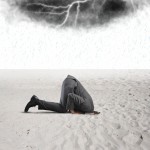
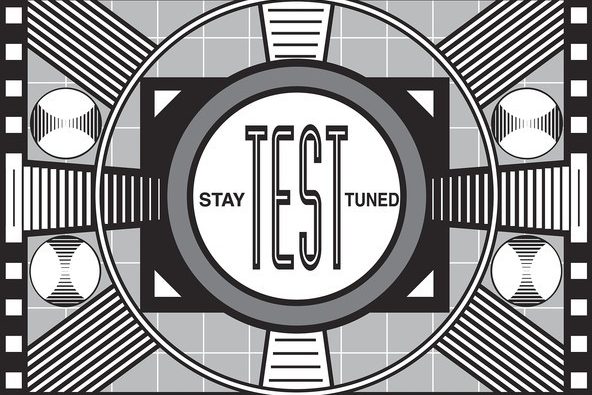
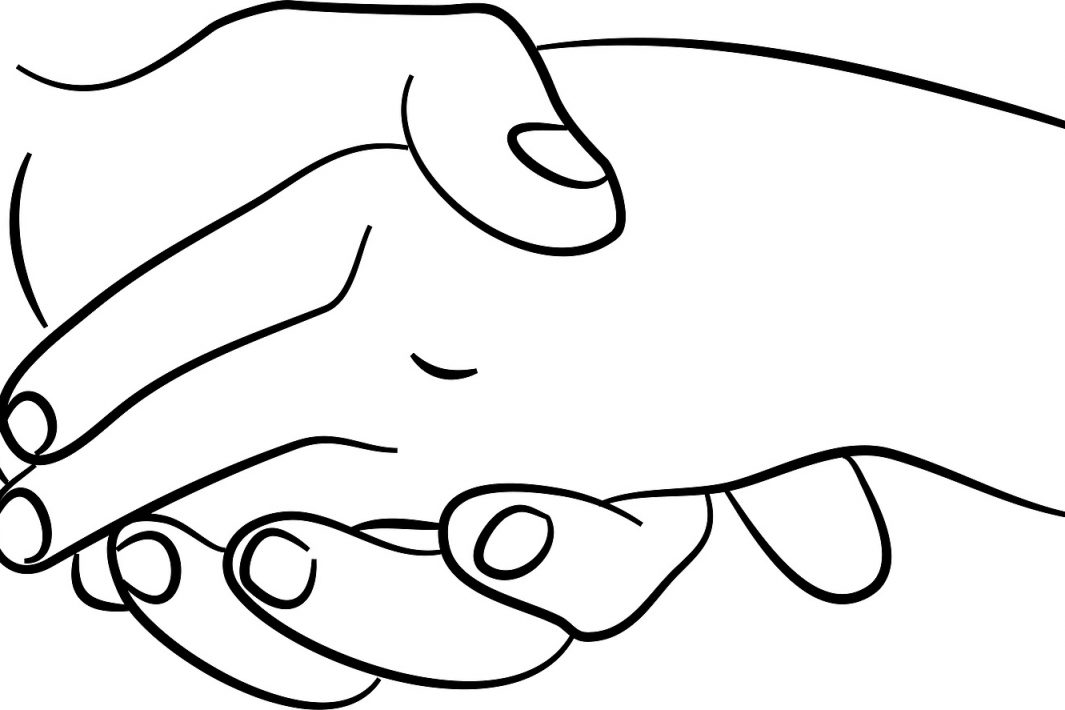
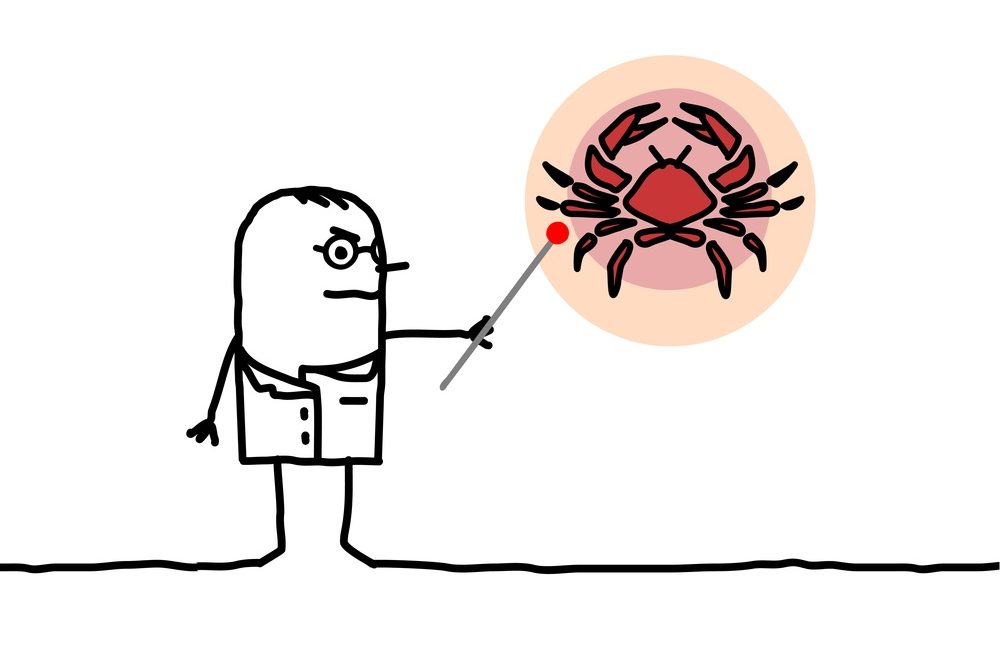
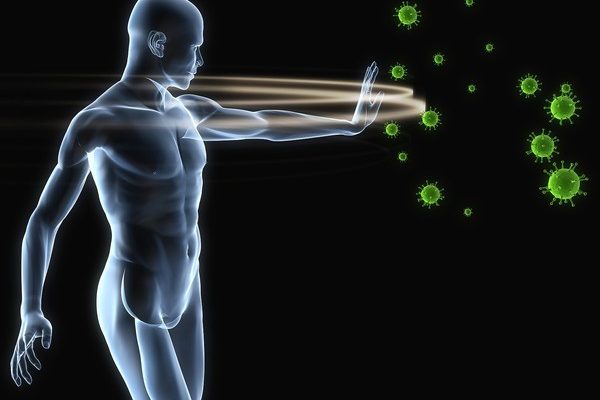

19 Comments